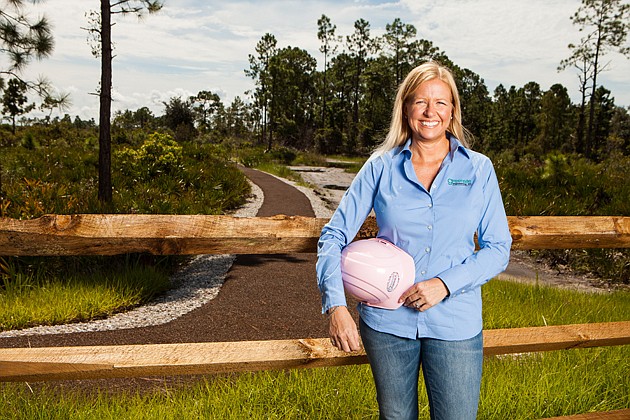- December 13, 2025
-
-
Loading

Loading

Stephanie Caldwell/39/Fort Myers
Homebuilders weren't the only ones hurt when the real estate collapse in Florida halted new development.
The civil engineers who helped developers map out new projects had to shrink too, and Stephanie Caldwell was one of those employees caught in the downturn.